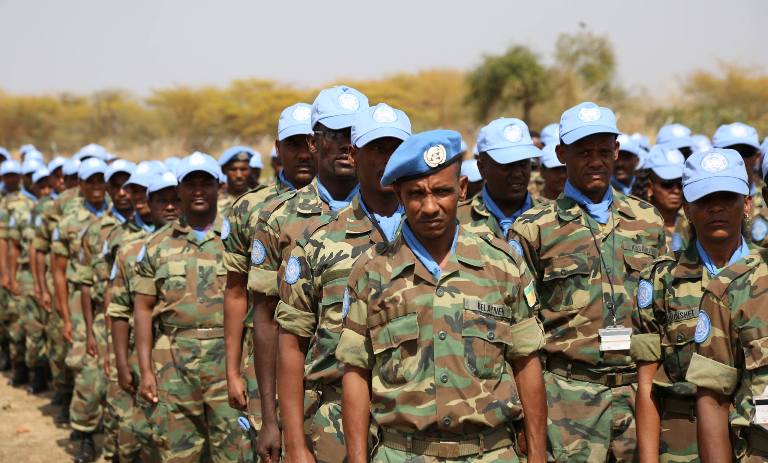Sudan’s NCP names party officials in Abyei

April 13, 2018 (KHARTOUM) – Sudan’s ruling National Congress Party (NCP) has named its heads of offices in the disputed Abyei area saying the move comes in preparations for the 2020 general elections.
In statements released in Khartoum, the NCP political secretary for Abyei Scholl Muwin Paul said the naming of the party officials would help to achieve social peace and stability in the area.
According to Paul, the NCP has named Salouma Yahia as deputy chairman of the party while Hafiz Abo Maki was appointed as NCP head for central Abyei and Hamdein Adam Youssef as chairman for northern Abyei.
On the other hand, Mohamed Muhana, Hassan Mileik and John Zakaria have been named as NCP heads for western, eastern and southern Abyei respectively.
Paul further said his party would conduct administrative and organizational tours across Abyei during the next few days, pointing out that the naming of the party heads aims to activate the political work and prepare for the upcoming elections.
Ownership of Abyei, a border region disputed by Sudan and South Sudan, remained contentious after the world’s youngest nation split from Sudan in 2011.
There is no joint administration between Sudan and South Sudan, as the Ngok Dinka refuse the formation of Abyei Area Administration and the Legislative Council. Instead, they call to hold a referendum without the Sudanese pastoralist Misseriya.
Now there are two committees one for the Misseriya appointed by the Sudanese government and another for the Ngok Dinka appointed by Juba government.
On 27 June 2011, the Security Council, by its resolution 1990, responded to the urgent situation in Abyei by establishing the UNISFA.
UNISFA’s establishment came after Sudan’s government and the Sudan People’s Liberation Movement (SPLM) reached an agreement in Addis Ababa, Ethiopia, to demilitarise Abyei and let Ethiopian troops monitor the area.
The Comprehensive Peace Agreement (CPA) provides that the contested territory remains part of the north until the organisation of a referendum determines its fate.
The difference over who will participate in the referendum prevents the two countries from holding the agreed referendum.
However, the Dinka Ngok organised a unilateral referendum from 27to 29 October 2013 to say they want to join the Republic of South Sudan.
Khartoum, Juba, the African Union and the international community refused to recognise the outcome of the vote.
(ST)
